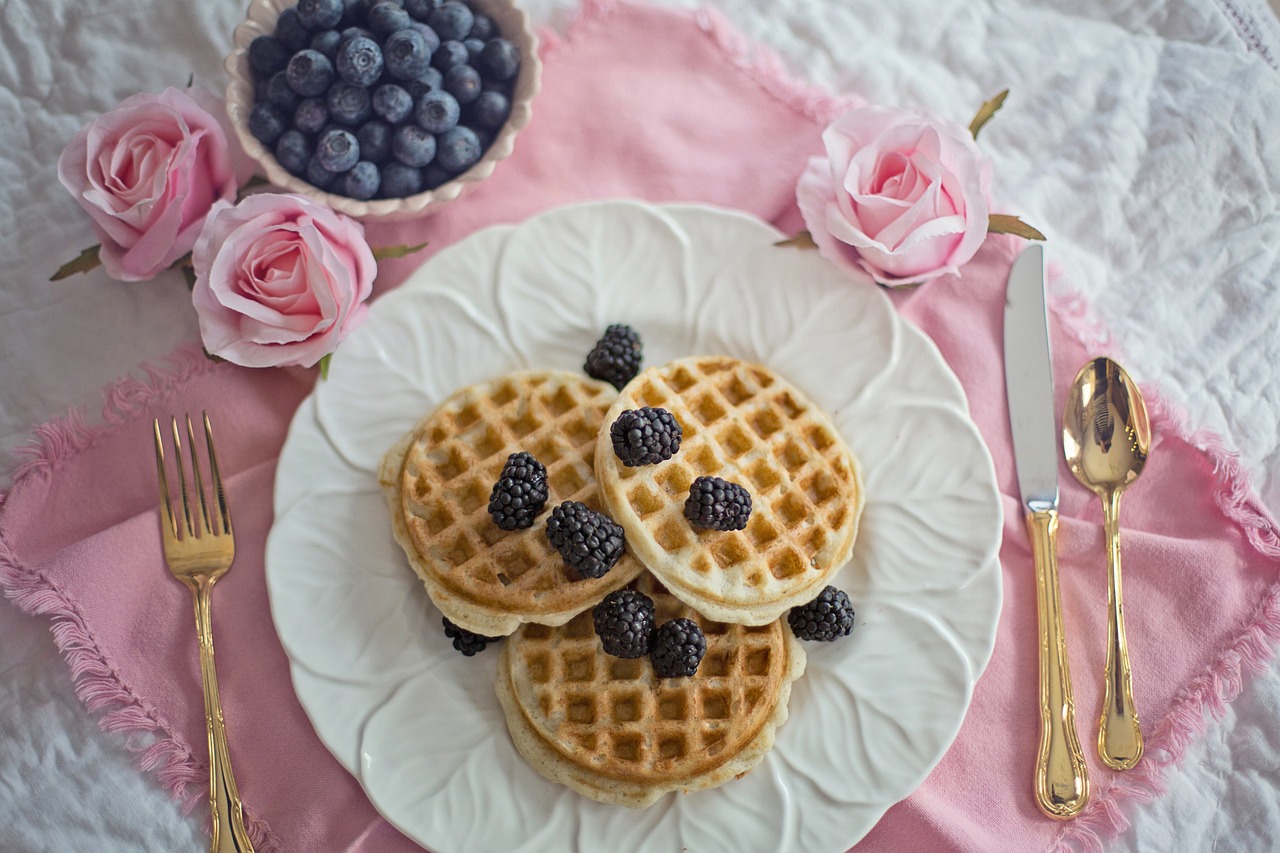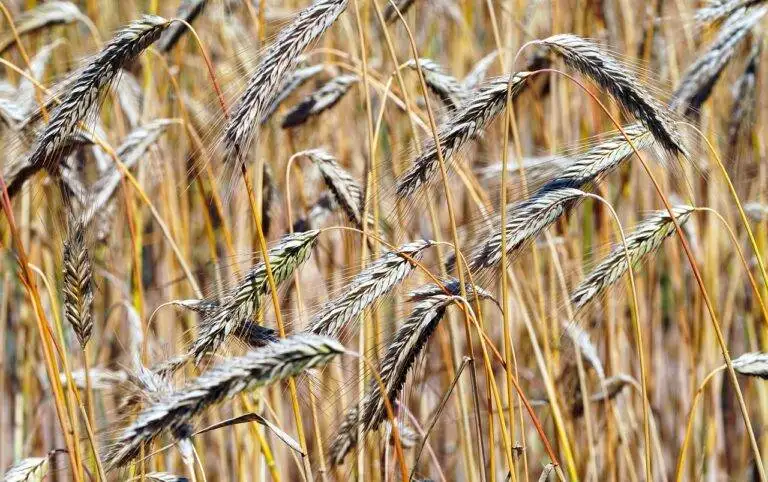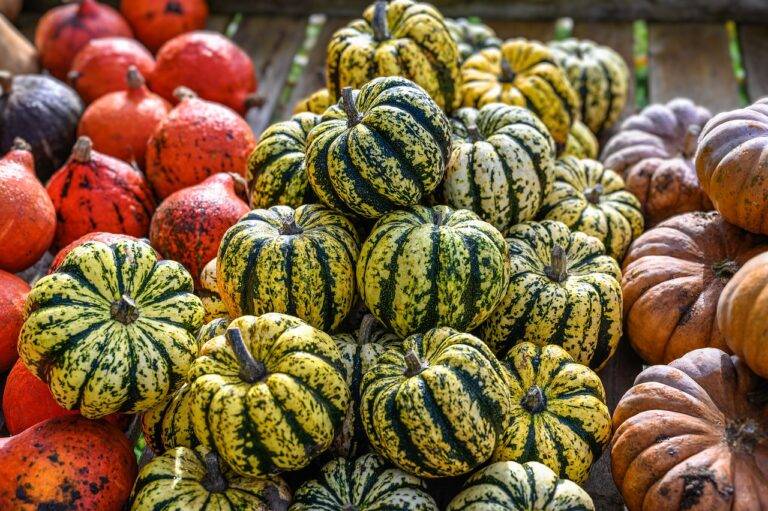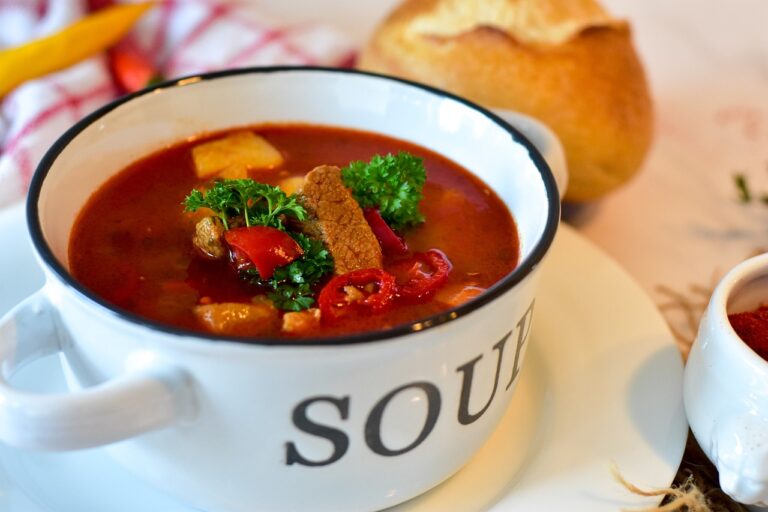The Influence of Storytelling in Distillery Tours: Engaging Visitors with History and Tradition
11xplay com, laser247, Skylivecasino Signup:Have you ever taken a distillery tour and found yourself captivated by the stories behind the spirits? The art of storytelling plays a crucial role in engaging visitors with the history and tradition of distillation. Distillery tours offer a unique opportunity to not only learn about the production process but also to dive into the rich narratives that have shaped the industry over the years.
The Influence of Storytelling in Distillery Tours
1. Creating a Connection with the Past
Storytelling brings history to life, allowing visitors to connect with the past in a meaningful way. By sharing anecdotes about the founders, the origins of the distillery, and the challenges they faced, tour guides can transport visitors back in time and help them appreciate the heritage and legacy of the brand. These stories create a sense of nostalgia and pride, fostering a deeper connection between the visitor and the distillery.
2. Showcasing Tradition and Craftsmanship
Distillation is a craft that has been passed down through generations, and storytelling is an effective way to showcase the tradition and craftsmanship behind it. By sharing the methods and techniques that have been used for centuries, distillery tours offer a window into the meticulous process of creating spirits. Visitors gain an appreciation for the skill and expertise required to produce high-quality liquor, and they develop a newfound respect for the distillers who have dedicated their lives to perfecting their craft.
3. Engaging the Senses
Storytelling engages not only the mind but also the senses, creating a multi-sensory experience for visitors. By describing the sights, sounds, and smells of the distillery, tour guides bring the environment to life, immersing visitors in the world of distillation. The aroma of fermenting mash, the sound of the stills in operation, and the sight of barrels aging in the warehouse all contribute to a sensory-rich experience that leaves a lasting impression on visitors.
4. Educating and Informing
While storytelling is entertaining, it also serves an educational purpose by informing visitors about the production process and the history of the distillery. By weaving facts and information into engaging narratives, tour guides make learning fun and accessible, ensuring that visitors come away with a greater understanding of distillation. Whether explaining the difference between bourbon and whiskey or detailing the significance of a particular ingredient, storytelling is an effective tool for educating visitors in an engaging and memorable way.
5. Building Brand Loyalty
Storytelling is a powerful tool for building brand loyalty by creating an emotional connection between visitors and the distillery. By sharing the stories behind the brand, its values, and its commitment to quality, distilleries can foster a sense of loyalty and affinity among visitors. When visitors feel a personal connection to the distillery and its history, they are more likely to become repeat customers and advocates for the brand, spreading the word to friends and family.
6. Preserving Tradition
Storytelling plays a crucial role in preserving tradition and heritage within the distillation industry. By passing down stories from one generation to the next, distilleries ensure that the rich history and cultural significance of their craft are not lost. These stories serve as a reminder of the sacrifices made, the challenges overcome, and the triumphs achieved by those who came before, inspiring future generations to continue the legacy of distillation.
In conclusion, storytelling is a powerful tool for engaging visitors with the history and tradition of distillation. By creating a connection with the past, showcasing tradition and craftsmanship, engaging the senses, educating and informing, building brand loyalty, and preserving tradition, distillery tours offer a unique and immersive experience that leaves a lasting impression on visitors. So next time you take a distillery tour, pay attention to the stories being shared you may just find yourself transported to another time and place, with a newfound appreciation for the spirits in your glass.
FAQs
1. What should I expect on a distillery tour?
Distillery tours typically include a guided tour of the production facilities, an overview of the distillation process, tastings of various spirits, and the opportunity to purchase bottles or merchandise.
2. Are distillery tours suitable for all ages?
While some distillery tours are family-friendly, others may have age restrictions due to the consumption of alcohol. It’s best to check with the distillery beforehand to ensure that all members of your party can participate.
3. How long do distillery tours usually last?
The duration of distillery tours can vary, but most tours last between 1-2 hours. Some distilleries offer extended tours or special events for those looking for a more in-depth experience.
4. Can I book a private tour or event at a distillery?
Many distilleries offer private tours or events for groups, corporate outings, and special occasions. It’s best to contact the distillery directly to inquire about availability and pricing for private tours.
5. Are distillery tours wheelchair accessible?
Accessibility varies by distillery, so it’s recommended to contact the distillery in advance to inquire about accommodations for individuals with mobility challenges.







